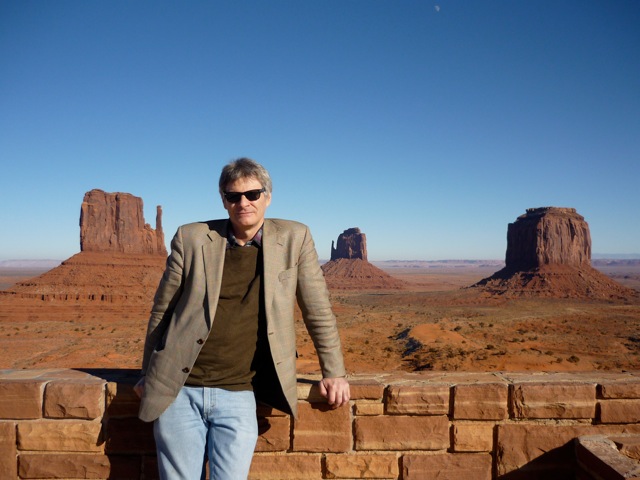Living in an Uncertain World
The uncertainty we face comes in many varieties: uncertainty about the state of the world, uncertainty about the results of our possible interventions, uncertainty about what is rational, and uncertainty about what is ethical.
Some of this uncertainty can be reduced by gathering further information but uncertainty cannot be completely eliminated. We are, thus, to some extent, always in the dark and yet we must press on: choosing careers, deciding where to live, deciding how best to tackle environmental problems, choosing our political leaders, and so on.
Fortunately, there is a well-developed theory of decisions under uncertainty.
In this talk, Professor Mark Colyvan will outline this theory and discuss some of its strengths and limitations. In particular, showing how the theory of decisions under uncertainty can be employed in the service of ethical decisions.
Professor Mark Colyvan
Mark Colyvan is Professor of Philosophy at the University of Sydney and Visiting Professor at the Munich Center for Mathematical Philosophy at the Ludwig-Maximilian University, Munich. He holds a BSc with first-class honours in mathematics (UNE) and a PhD in philosophy (ANU). His research focuses on philosophy of mathematics, philosophy of logic, philosophy of science (especially environmental science), and decision theory. He is the author of The Indispensability of Mathematics (Oxford University Press, 2001), Ecological Orbits: How Planets Move and Populations Grow (Oxford University Press 2004, co-authored with ecologist Lev Ginzburg), and An Introduction to the Philosophy of Mathematics (Cambridge University Press, 2012). He is a past president of the Society for Risk Analysis (Australia and New Zealand), and also a past president of the Australasian Association of Philosophy. He is the recipient of numerous awards for his research, including a life-time achievement award from the Alexander von Humboldt Foundation.




